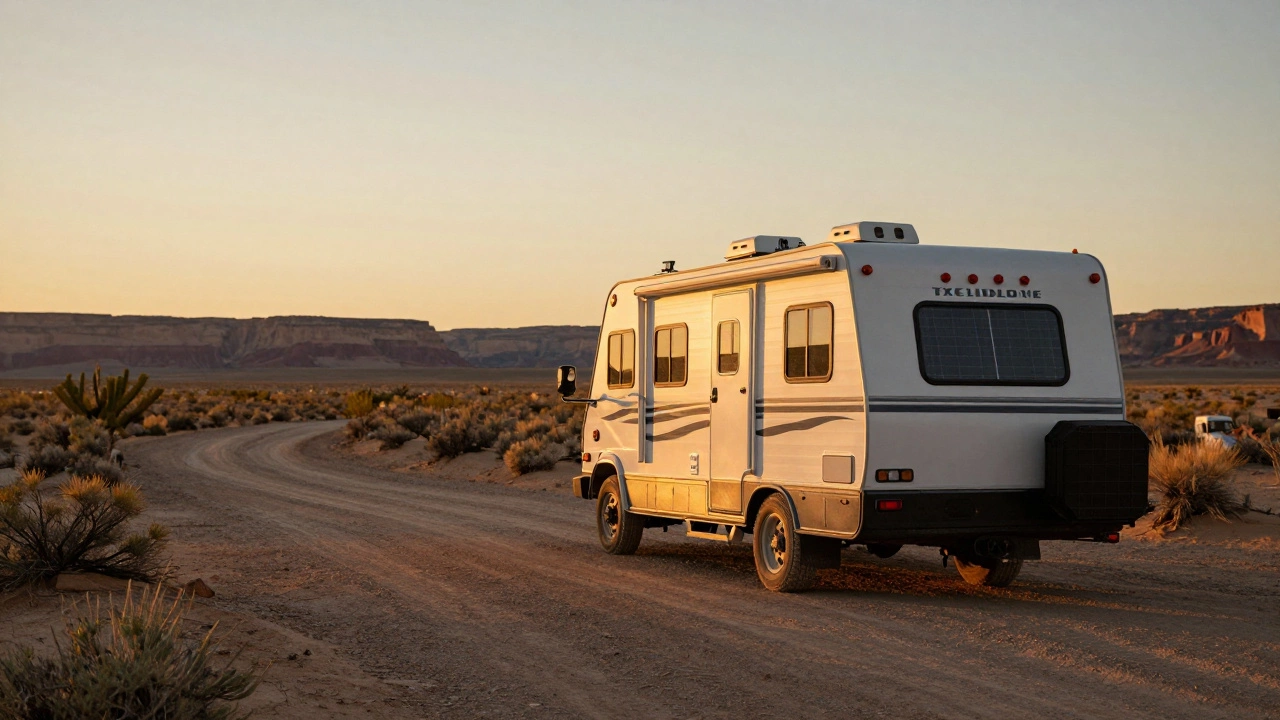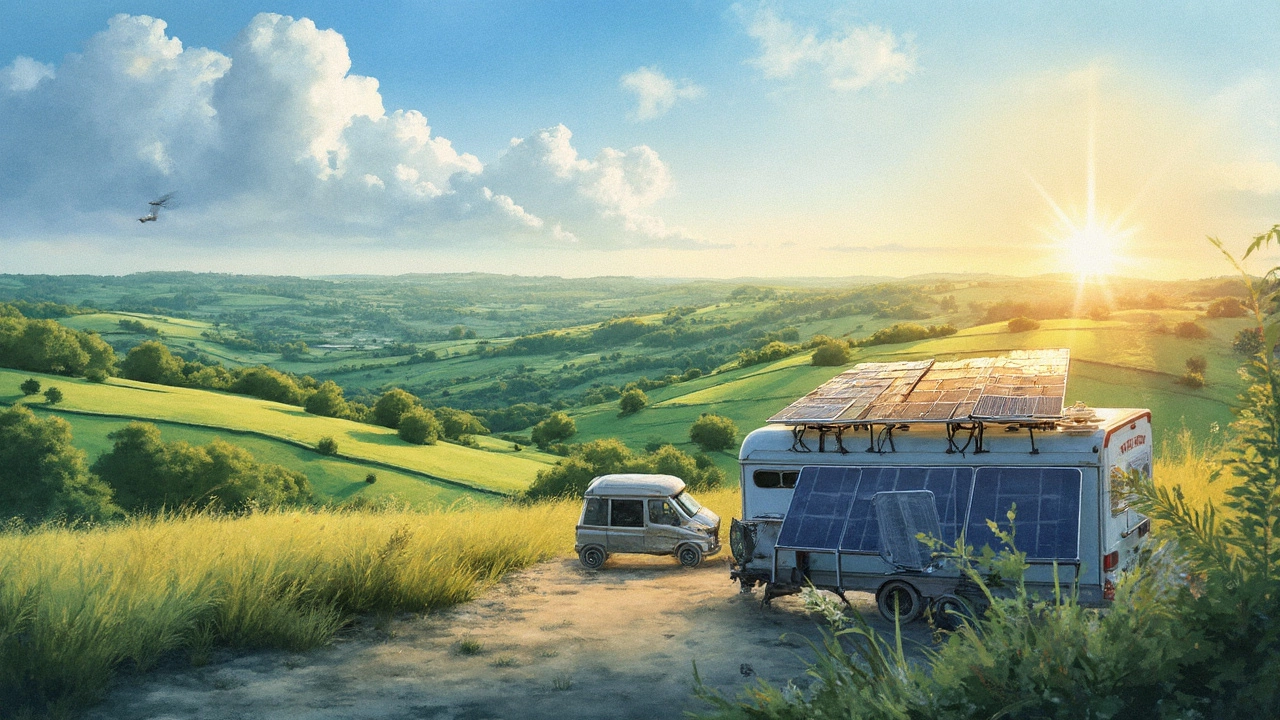Off‑Grid Camping: Your Practical Guide to Going Remote
Thinking about ditching the plug and sleeping under the stars? Off‑grid camping lets you enjoy nature without the usual campground comforts. It sounds daunting, but with a few simple steps you can stay warm, powered and legal while keeping costs low.
Gear Essentials for Off‑Grid Life
The first thing you need is reliable power. A portable solar panel paired with a 12‑volt battery is the cheapest way to keep lights, phones and a small TV running. Look for a panel that folds up and comes with a built‑in charge controller – that way you won’t over‑charge the battery.
Water is next. Carry a sturdy water container (20‑30 litres works for two people) and a simple pump filter. If you plan to use a river or lake, a lightweight straw filter can make the water safe to drink without heavy chemistry kits.
Cooking off the grid is easy with a propane stove or a compact wood‑burning fire pit. Propane gives you control and low smoke, while a fire pit lets you use natural fuel when you’re in a legal fire zone. Always have a windscreen and keep a fire extinguisher or sand nearby.
Staying Comfortable Without the Grid
Sleep comfort comes down to a good sleeping bag and an insulated pad. A three‑season bag handles most UK nights, and a closed‑cell foam pad adds warmth without bulk.
Toilet needs are solved with a portable cassette toilet. Empty it at a designated dump station or a campsite with waste facilities. If that’s not an option, a simple bucket with a biodegradable liner works, just remember to pack it out.
Legal spots matter. In England and Wales, wild camping is only legal on certain lands like Dartmoor or designated sites. Scotland’s Outdoor Access Code is more relaxed – you can camp on most land as long as you follow the “leave no trace” rules and stay under 24 hours. Always check local bylaws before you set up.
When you’re on the road in a motorhome, use the campsite’s electricity hook‑up for a quick charge boost, then rely on your solar setup for daily use. This hybrid approach keeps you off the grid most of the time but gives you a safety net when the weather turns cloudy.
Finally, keep a basic safety kit: first‑aid supplies, a multi‑tool, extra rope, and a map or GPS. Knowing the terrain and having a way to call for help (a charged phone or a satellite messenger) can make the difference between a great adventure and a tricky situation.
Off‑grid camping isn’t about living without comfort; it’s about using smart gear, respecting the land and staying prepared. Follow these tips, and you’ll enjoy freedom, quiet nights and lower expenses on every trip.
Is Boondocking Legal in the US? What You Need to Know Before You Camp Off-Grid
Boondocking is legal in many parts of the U.S. on public lands like BLM and National Forests, but rules vary by location. Learn where you can camp for free, how long you can stay, and what happens if you break the rules.
Getting Electricity While Boondocking: Smart Solutions
Ever wondered how to keep your gadgets charged while boondocking? Dive into practical solutions for powering up your off-grid adventures. From solar panels to portable generators, here's everything you need to know about keeping your devices juiced without a campsite hookup.

